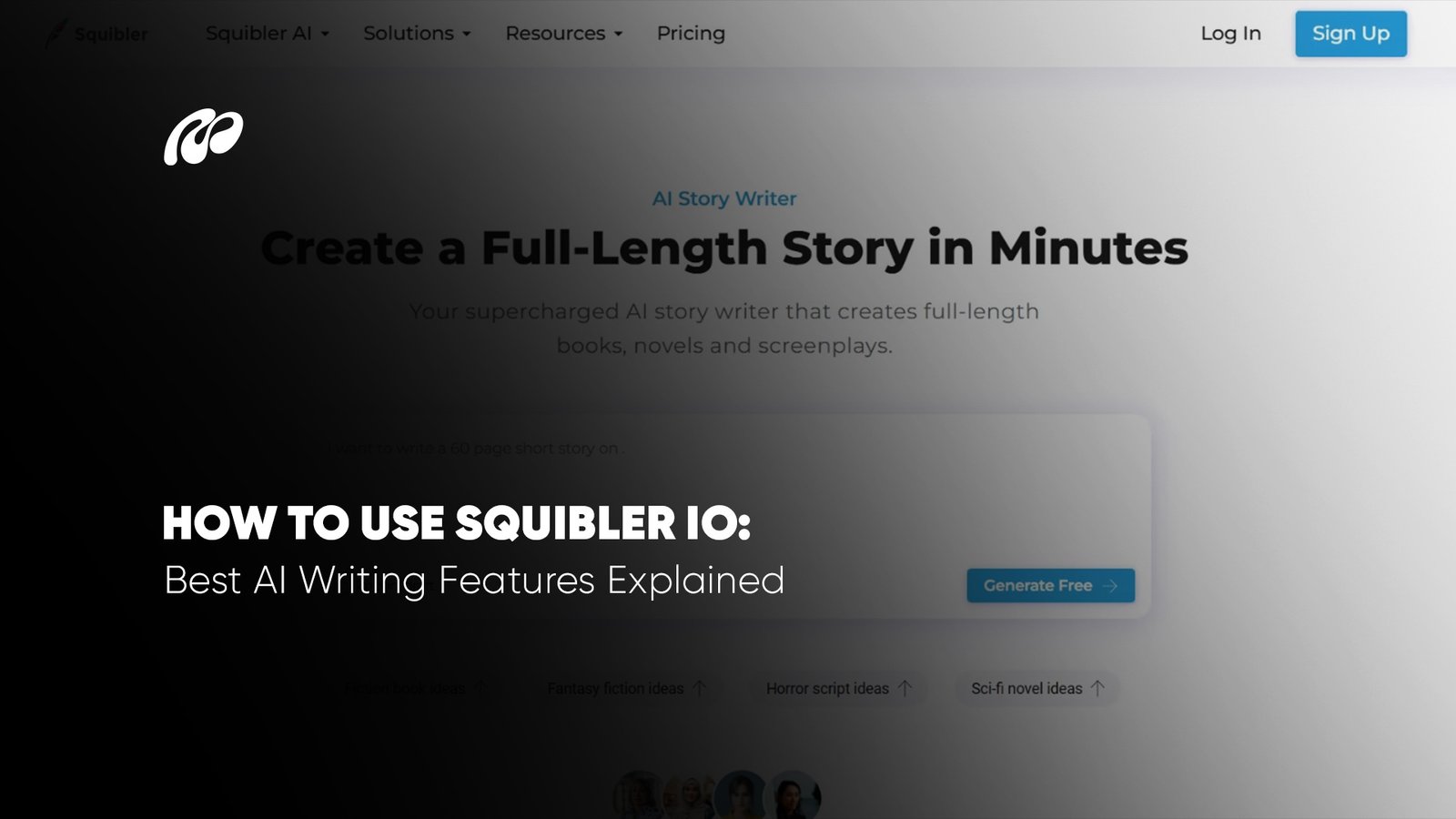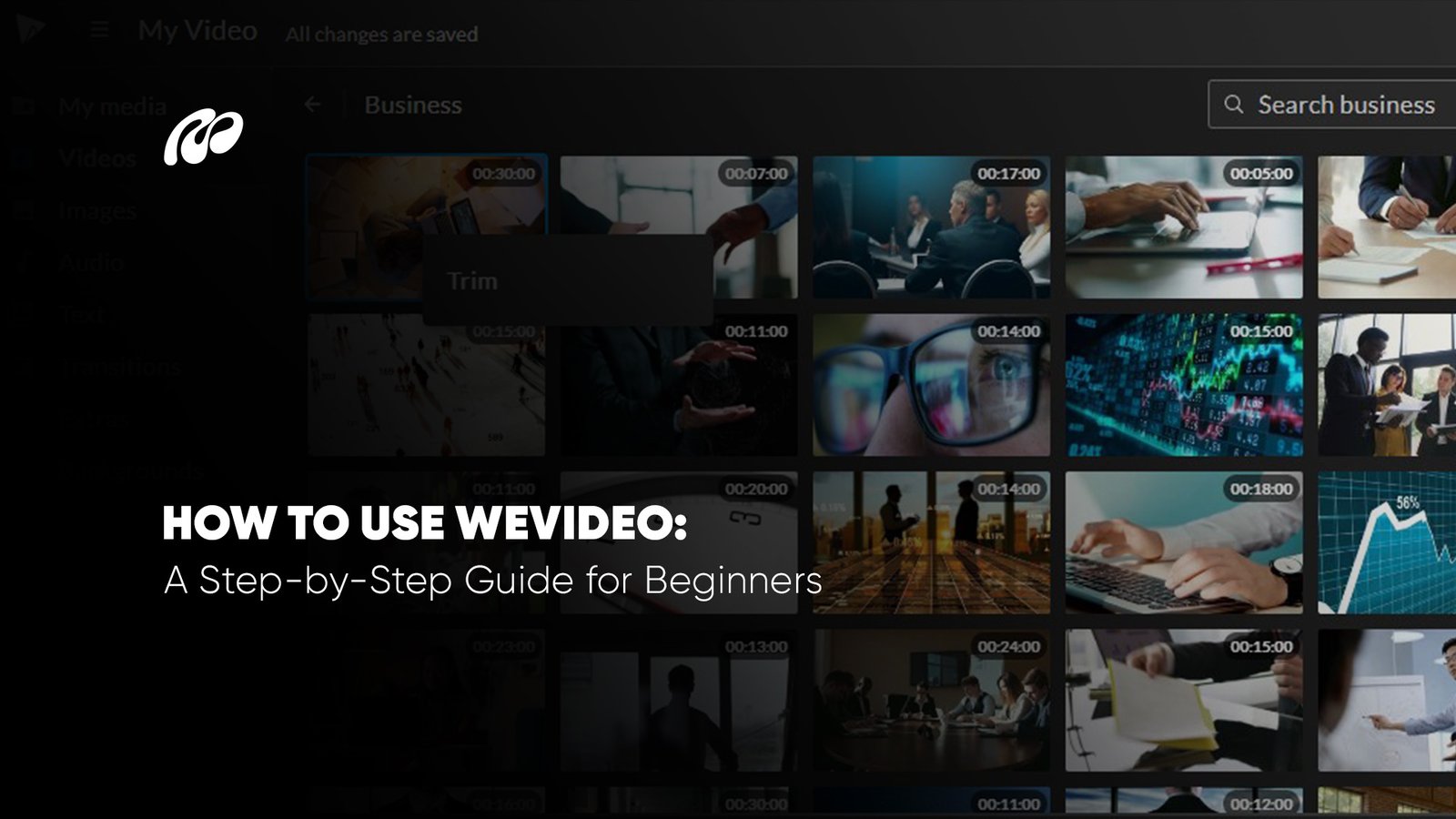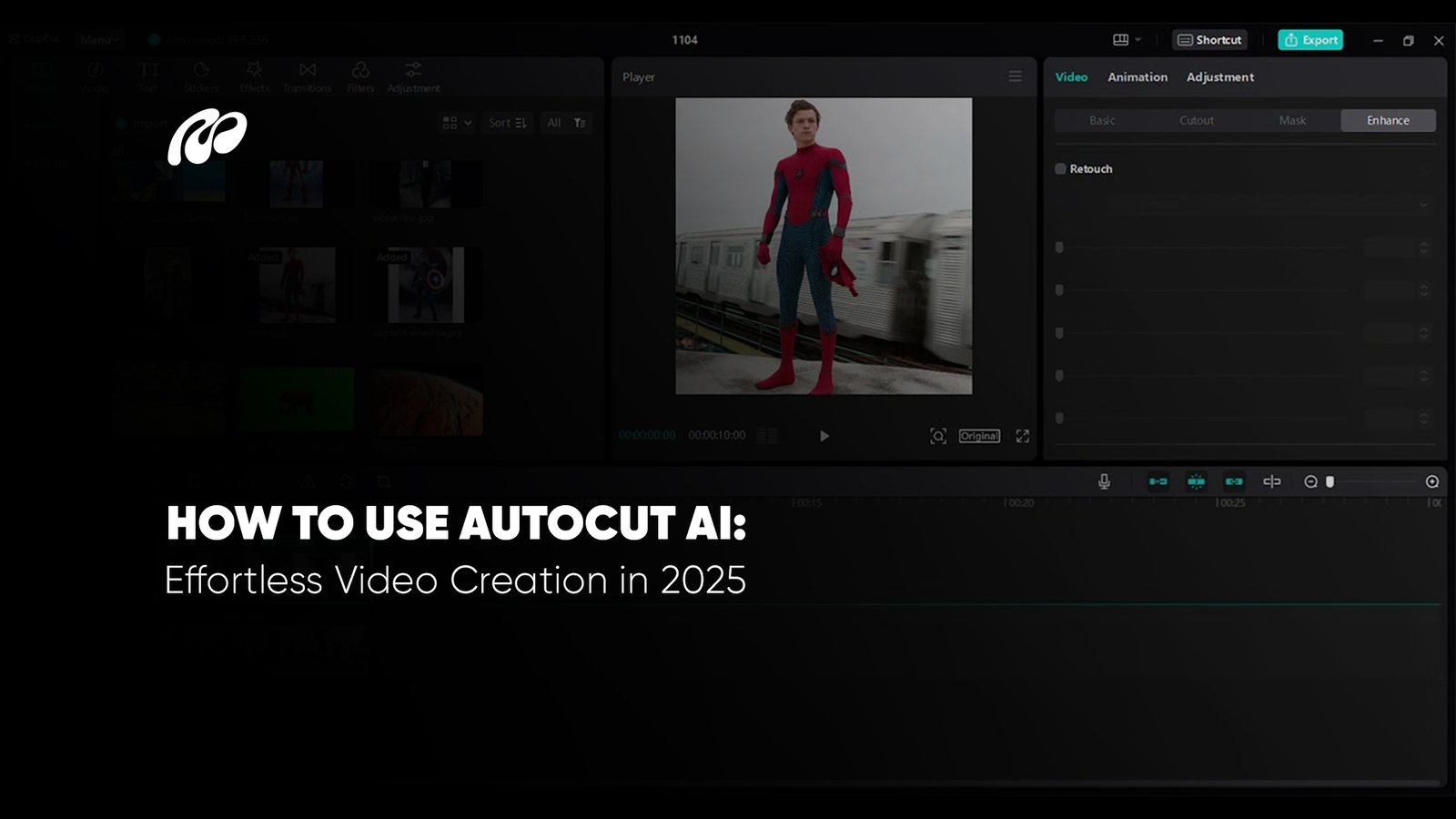The digital transformation of the food and beverage sector has become a cornerstone of success for modern-day eateries. In today’s fast-paced, tech-driven landscape, customers expect immediacy, convenience, and personalization, which has prompted businesses to rethink how they operate. From quick-service restaurants to fine-dining establishments, everyone is exploring new ways to integrate technology for a smoother, more engaging customer journey. The rise in demand for restaurant mobile app solutions is a direct response to these evolving consumer expectations, enabling real-time communication, seamless ordering, and operational efficiency. For restaurants in a thriving market like Dallas, adopting restaurant app development dallas is no longer just a competitive advantage; it’s an operational necessity. As businesses across the region continue investing heavily in app-based services, the importance of this shift is well captured in this overview of mobile apps benefit for Dallas startups, which highlights how mobile-first strategies are helping restaurants streamline everything from menu updates to customer feedback tracking, ultimately enhancing profitability and brand visibility in a highly competitive market, where the adoption of digital-first strategies has helped shape more responsive and agile restaurant operations.
The Restaurant Industry Is Always Changing
From fast food chains to fine dining experiences, technology has significantly influenced the expectations of restaurant patrons. As customers demand more personalized, on-demand experiences, restaurant owners have responded by adopting tools like restaurant reservation app, restaurant menu app, and restaurant inventory app. These tools not only improve operational efficiency but also help address common restaurant owners delivery app complaints regarding delivery delays, wrong orders, and inventory mismatches. Staying relevant in today’s fast-evolving food market requires adaptable digital strategies that reflect both consumer needs and business capabilities.
Why Your Restaurant Needs an App
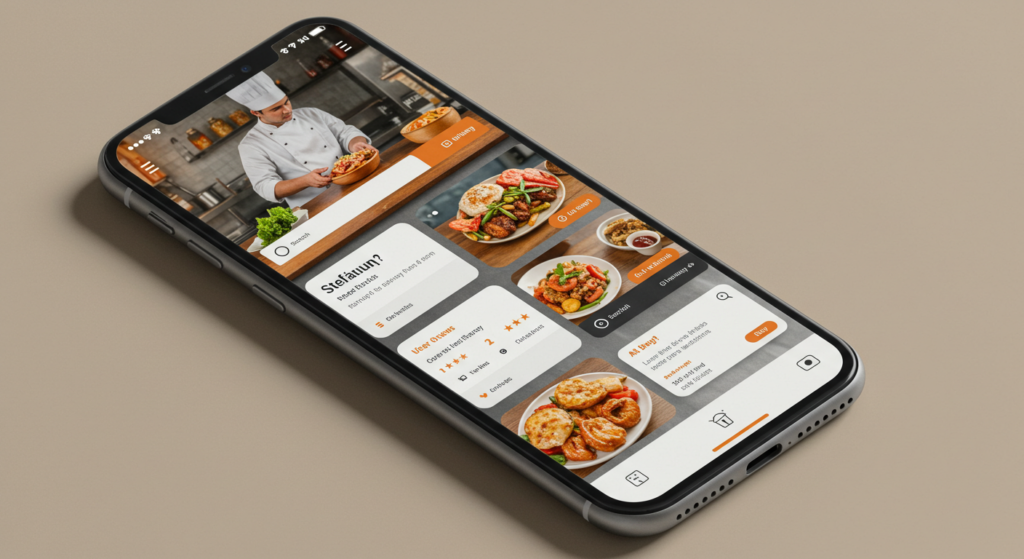
Simplified Ordering Process
With a restaurant mobile app, restaurants can reduce friction in the ordering process. This includes everything from digitized menus and real-time customization to faster checkout options and delivery scheduling. Customers value simplicity and speed when placing orders, and an intuitive app interface makes that possible.
Improved Customer Engagement
Customers enjoy seamless experiences when they can use an app for restaurant reservations, track their loyalty points, receive personalized push notifications, and access promotions. These features keep users engaged and help build long-term relationships that go beyond a single meal.
Sales Growth
Increased order frequency and average spend are often observed when diners interact with a dedicated restaurant booking app. Mobile access improves convenience and encourages repeat business. Restaurants that prioritize app-based engagement benefit from data-driven upselling opportunities and time-sensitive offers.
Increased Awareness of the Brand
Having a branded restaurant mobile app improves discoverability in app stores and increases visibility in local search results. This enhanced exposure builds stronger brand recall and drives both online and in-person visits.
Using Data Analytics to Make Better Business Choices
Every customer interaction provides insight. A modern app can gather analytics on dining patterns, payment preferences, and user demographics, helping restaurants fine-tune their strategy. This type of integration is frequently covered in strategy-based consultations offered by experienced development teams, as outlined in the best app development companies in Dallas, offering guidance on integrating smart technology features for operations, delivery management, and customer engagement to drive sustainable business growth.
Choosing the Best Restaurant Mobile App Development Company in Dallas
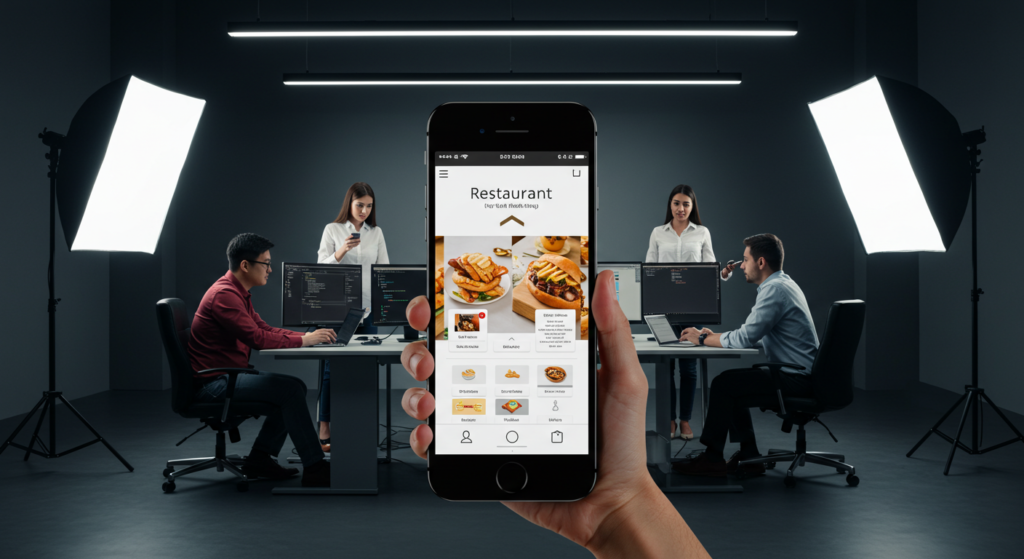
Working with a reliable restaurant app development company means partnering with experts who understand the unique challenges of hospitality, from front-of-house operations to backend logistics. Their experience in adapting to local market trends, handling third-party API integrations, and delivering cross-platform performance ensures your app remains competitive and stable over time. This collaborative approach supports both immediate functionality and long-term strategic growth. Here are some factors to consider:
1. Experience in the Food and Beverage Industry
An experienced developer understands how to align your digital presence with your physical operations. A deep understanding of compliance, seasonal trends, and consumer behavior sets the foundation for success in restaurant app development usa and helps tailor the app’s design to real restaurant conditions.
2. Technical Proficiency
From backend databases to real-time order management systems, the technical backbone of your app determines its stability and scalability. Developers should ensure their restaurant mobile app is fully optimized for both iOS and Android platforms, offering a consistent user experience regardless of device.
3. Custom Solutions
Every restaurant has its own workflow and customer base. A capable restaurant app development provider will develop a unique blueprint tailored to your kitchen operations, delivery logistics, and customer expectations. The ability to build flexible, modular app features is essential for evolving needs.
4. Post-Release Support
Regular updates, security patches, and feature expansions are essential to maintain the health of the app and keep it competitive in the long term. The depth of this support often determines the long-term value of a partnership with a development agency.
How Can a Restaurant App Development Company Help You?
Beyond the development phase, a restaurant mobile app development company offers expert consulting to help restaurants unlock the full potential of their app, whether it’s through targeted marketing campaigns, operational streamlining, or advanced analytics. These companies typically provide custom dashboards, integrations with POS and CRM systems, and loyalty program automation. As discussed in Mattrics’ blog section, many app development companies emphasize full-cycle strategies that go beyond initial deployment to include analytics, updates, and scalability, ensuring restaurant businesses not only launch successfully but grow sustainably through long-term digital planning, many of these providers emphasize full lifecycle support, ensuring your app evolves with your business. Additionally, they build scalable, modular architectures designed to grow alongside your brand, supporting everything from single-location management to complex multi-branch franchise ecosystems without compromising user experience or performance.
Restaurant App Features
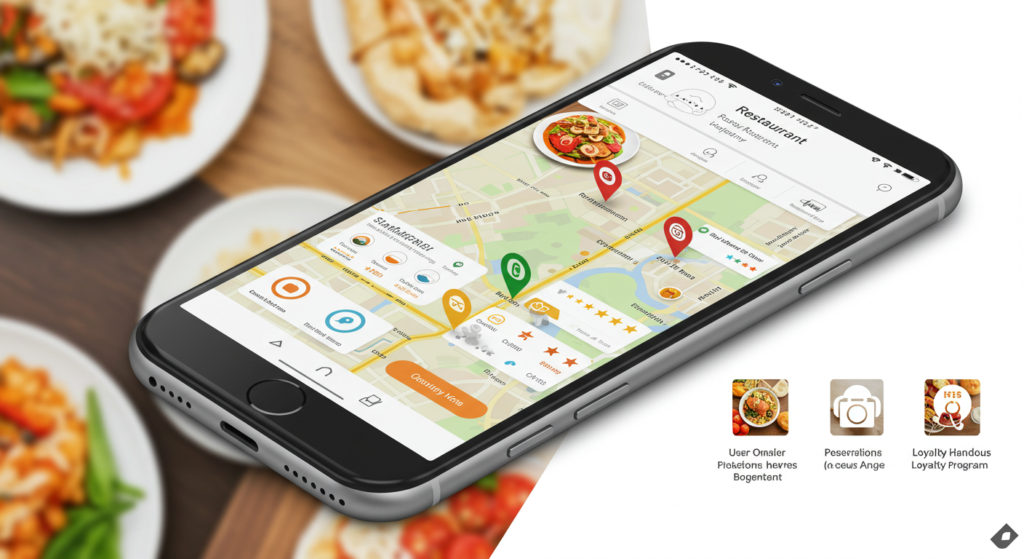
User Registration, Profile Creation and Authentication
This feature enables users to sign up securely and create personal profiles. It helps store delivery preferences, previous orders, and payment details for faster transactions. With personalized access, restaurants can track customer behavior more effectively, paving the way for tailored offers and targeted loyalty programs, all essential for building a data-rich user ecosystem. Creating a secure user profile enables saved payment methods, past orders, and delivery preferences. It is the first step in customizing the user experience and building a strong user database.
Looking Over Menus, and Choosing
A robust search interface is critical to helping users find restaurants based on cuisine, ratings, or location. Menus should be clearly organized with high-quality images, prices, and labels for dietary needs. This function improves user experience, enabling faster decision-making and a more interactive ordering journey. An intuitive interface that filters by cuisine, location, and availability improves the efficiency of user navigation. Clear photos, updated pricing, and dietary labels make it easier for customers to make quick decisions.
Restaurant Profile Reviewing
Users rely on restaurant profiles to evaluate quality before ordering. Ratings, user reviews, business hours, delivery windows, and special menu highlights provide transparency and foster trust. Including social proof in profiles boosts engagement and plays a key role in customer acquisition and retention. Restaurant profiles that showcase ratings, reviews, and testimonials increase trust and help new users make decisions faster. This transparency is especially valuable in competitive food delivery markets.
Adding Food to the Cart and Making Order Schedules
A flexible cart system should let users add, remove, or customize items, schedule deliveries, and attach notes for preparation. The ability to save favorites and reorder previous meals improves convenience. This feature supports faster checkouts and increases order frequency among repeat customers. Apps should allow diners to schedule deliveries or pickups, add custom notes for preparation, and reorder past items effortlessly. This level of flexibility enhances convenience for regular users.
Payment and Checkout
The payment module must support credit/debit cards, wallets, and contactless options. A clean, secure checkout flow minimizes drop-offs and encourages order completion. Integrating tax, tipping, and coupon codes within this flow adds efficiency and improves customer satisfaction at the point of sale. Seamless checkout is non-negotiable. Integration with wallets, cards, and payment APIs reduces friction and increases completion rates. The checkout experience should be quick, secure, and reliable.
Delivery Tracking Information
Real-time delivery tracking enables customers to follow their order’s route from the kitchen to the doorstep. The system should provide driver contact details, live maps, and estimated delivery times. Such transparency reduces anxiety and adds a layer of assurance that enhances the overall user experience. Providing real-time delivery updates, map tracking, and driver contact info improves transparency and builds trust. Users value visibility over their order’s journey.
Details of Delivery Tracking
Detailed tracking informs customers about when their food was dispatched, how far along it is in transit, and any unexpected delays. Keeping users informed without needing to contact support boosts confidence and reduces the volume of incoming service inquiries. Users appreciate knowing ETA, route progress, and any delays without needing to call support. These features help reduce delivery-related complaints and enhance user satisfaction.
Reviewing Order History
Order history provides users with a record of their past transactions, helping them quickly reorder favorite meals or monitor their spending habits. For restaurants, this data offers valuable insights into customer preferences, allowing for smarter menu planning and marketing campaigns. A personal order archive makes it easier to repeat favorite meals, track expenses, and understand personal trends. It also supports customer loyalty features and marketing insights.
Offers, Promos, and Push Notifications
Targeted push notifications and in-app promotions drive customer engagement and repeat business. Personalized discounts based on order history or holidays create urgency. Scheduled deals or flash sales can significantly increase traffic and boost sales during off-peak hours. Personalized discounts based on purchase history or user location significantly enhance conversion rates. Timely notifications can nudge users to make repeat purchases.
Review and Rating
After each order, users should be encouraged to rate their food and overall service. These reviews provide credibility and visibility, especially for new users exploring the app. Businesses also benefit from this feedback, using it to improve operations and customer satisfaction. Two-way rating systems improve accountability for both customers and restaurant staff. This feedback loop drives improvements and builds credibility across the app platform.
FAQs:
These apps enable browsing menus, placing orders, booking tables, and accessing promotions. They connect front-end features with backend systems like POS, CRM, and inventory.
Restaurant app development costs in Dallas can vary based on factors such as required features, design complexity, and integration needs. Pricing typically reflects the scope of customization and functionality involved in the project.”
Profits depend on the business model. A successful restaurant mobile app with integrated loyalty programs and delivery modules can earn thousands monthly through repeat orders and upsells.
Smart recommendations, kitchen display systems, in-app tipping, voice-enabled ordering, and integration with restaurant inventory app tools are popular options to enhance both customer and operational experiences. By aligning your app strategy with business goals, a trusted restaurant app development company can help you grow, adapt, and stay ahead of the competition.
Conclusion
To compete in the modern food industry, restaurants must be as smart as they are delicious. Integrating technology through restaurant app development Dallas is the key to unlocking new revenue streams and maintaining strong customer relationships. Whether you aim to simplify reservations with a restaurant scheduling app or manage back-of-house operations via a restaurant inventory app, tailored software brings measurable benefits. Beyond efficiency, mobile platforms boost brand visibility, drive loyalty, and provide valuable data insights. Long-term success depends not just on having the right tools but on working with a development partner that understands both the local market and the evolving digital landscape. As demonstrated through the digital solutions available on Mattrics, companies like these provide end-to-end support to help restaurants grow smarter and stay ahead of the competition. to help restaurants grow smarter and stay ahead of the competition.


